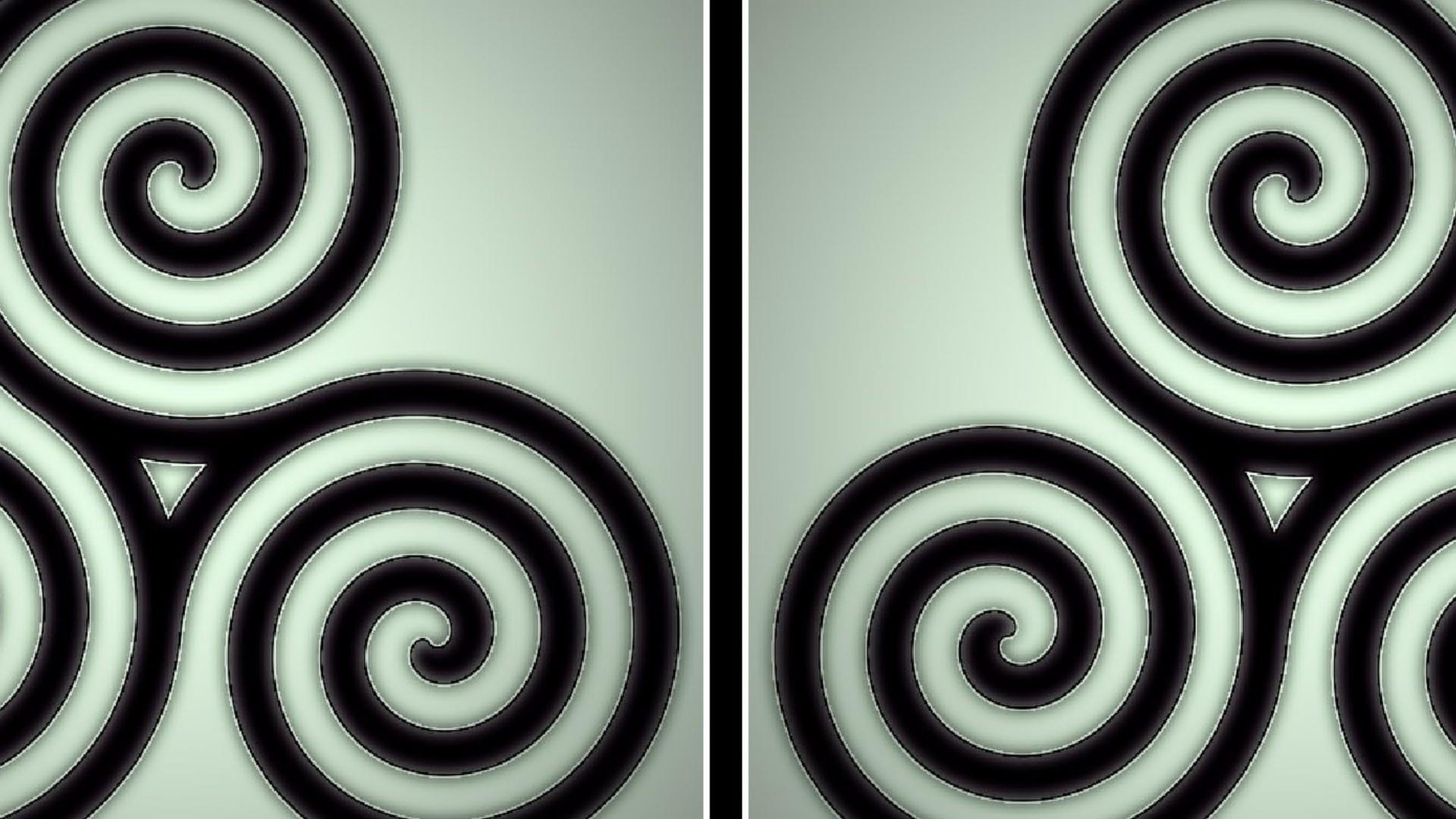
No Jury, No Problem? A Simple Guide to the Bench Trial
A bench trial is a type of legal trial where a judge alone hears the case, determines the facts, and delivers a verdict. There is no jury involved. In this scenario, the judge takes on the dual role of being both the finder of fact and the arbiter of the law.
It's a Thursday morning here in Indonesia, and if you were to walk into a courtroom in Jakarta, you’d likely see a panel of judges listening intently to legal arguments. What you wouldn't see is a jury box filled with twelve ordinary citizens. That's because Indonesia, like many countries with a "civil law" tradition, primarily uses a system where judges are the sole decision-makers.
This is actually very similar to a specific type of proceeding in "common law" countries like the United States, Canada, and the UK, known as a bench trial. So, what exactly is it, and why would anyone choose to wave away their right to the dramatic jury trial we see so often in movies and on TV?
Let's demystify this fundamental, yet often overlooked, part of the justice system.
The Main Event: Bench Trial vs. Jury Trial
The image of a trial in most people's minds involves lawyers making passionate appeals to a jury of twelve peers. But that's only one way a trial can happen. The core difference between a jury trial and a bench trial comes down to one simple question: Who decides what the facts are?
In any trial, there are two fundamental jobs:
-
The Finder of Fact: This person (or group) listens to all the evidence—witness testimony, documents, expert opinions—and decides what actually happened. They answer the "who, what, where, and when" questions.
-
The Finder of Law: This person is the legal expert who interprets the relevant laws, rules on objections, decides what evidence is admissible, and ensures the proper legal procedure is followed.
Here’s how the two types of trials split these roles:
-
In a Jury Trial, the roles are divided.
-
The jury is the finder of fact. They listen to the evidence and deliver a verdict of guilty or not guilty (in a criminal case) or liable or not liable (in a civil case).
-
The judge is the finder of law. The judge acts as a referee, controlling the courtroom and instructing the jury on the laws they must apply to the facts they've found.
-
-
In a Bench Trial, one person does both jobs.
-
The judge is the finder of fact and the finder of law. They listen to the evidence, decide what happened, and then apply the relevant laws to those facts to reach a final judgment.
-
An easy analogy is to think of a sports game. In a jury trial, the jury is like the group of referees on the field, calling the plays as they see them (the facts). The judge is like the league commissioner in the booth, ensuring the official rules of the game are being followed (the law). In a bench trial, the judge is both the on-field referee and the commissioner.
Why Would Anyone Choose a Bench Trial? The Strategy Behind the Decision
In many situations, particularly in serious criminal cases in the US, a defendant has a constitutional right to a trial by jury. To have a bench trial, they must knowingly and voluntarily waive that right. Why would they do that? It often comes down to legal strategy.
1. The Case is Highly Technical or Complex
Imagine a lawsuit involving a complex patent for a new pharmaceutical drug or a financial case involving mountains of arcane accounting documents. A lawyer might worry that a jury of laypeople would struggle to understand the dense, technical evidence. They might get bored, confused, or simply tune out. A judge, on the other hand, is a legal professional trained to analyze complex information methodically and without bias.
2. The Case is Emotionally Charged or Unpopular
If a defendant is accused of a particularly heinous or emotionally charged crime, a defense attorney might fear that a jury would be swayed by outrage and emotion rather than a sober, objective look at the facts. They might believe their client has a better chance of a fair hearing from a single judge who is trained to set aside personal feelings and focus strictly on the evidence and the law.
3. To Save Time and Money
Jury trials are lengthy and expensive. The process of selecting a jury, known as voir dire, can take days or even weeks. Presenting evidence to a jury often requires more explanation and simplification, and the trial itself is filled with more procedural formalities. A bench trial is almost always faster, more streamlined, and therefore less costly for both the client and the state.
4. The Defense is Based on a Niche Legal Argument
Sometimes, the facts of a case aren't really in dispute. The entire defense might hinge on a complex legal argument that the law itself is unconstitutional or doesn't apply in this specific situation. In that scenario, the lawyer's arguments are aimed directly at the legal expert in the room—the judge. The opinion of a jury on the facts is less important than the judge's ruling on the law.
Are There Downsides to a Bench Trial?
Waiving a jury trial is a big decision because it comes with significant risks.
-
Putting All Your Eggs in One Basket: You are relying entirely on the perspective, temperament, and potential biases of a single person. A jury of 6 or 12 people brings a diversity of life experiences and viewpoints, which can act as a powerful check against any one person's prejudices.
-
Losing "The People's Voice": A jury is often described as the "conscience of the community." It is a fundamental check on the power of the government and the judicial system. Giving up that right means you are giving up being judged by a group of your peers.
-
A Judge's Reputation: An experienced attorney knows the reputations of the local judges. If a particular judge is known for being especially tough in certain types of cases (e.g., DUIs), an attorney might prefer to take their chances with the unpredictability of a jury.
The Bottom Line
While the dramatic courtroom battles we see on screen are almost always jury trials, the quiet, methodical bench trial is a true workhorse of the justice system. It is a powerful and efficient tool that ensures cases are decided with legal expertise, especially when the facts are complex or the emotions run high.
It represents a critical choice in legal strategy, balancing the desire for an expert, impartial decision-maker against the fundamental right to be judged by a jury of one's peers.









